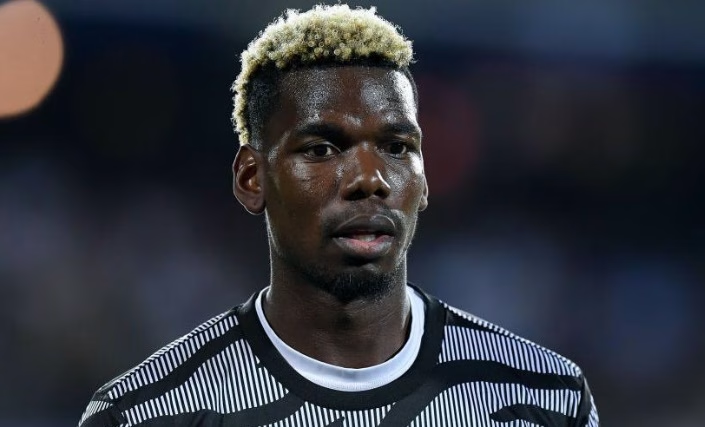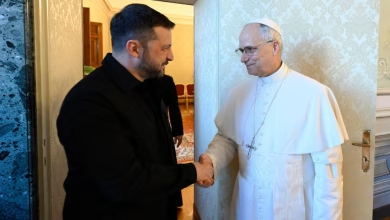Pogba’s Four-Year Doping Suspension Slashed to 18 Months

- Pogba's doping ban reduced to 18 months
- Inadvertent DHEA consumption cited by CAS
- Pogba returns to training in January, matches in March
- Verdict emphasizes nuanced approach to doping cases
The Court of Arbitration for Sport (CAS) has delivered a significant verdict, reducing Paul Pogba’s four-year doping ban to 18 months. This landmark decision paves the way for the French footballer’s sooner-than-anticipated return to the pitch.
Pogba’s ordeal began at the start of the 2023-24 season when he tested positive for dehydroepiandrosterone (DHEA), a substance known for its testosterone-boosting properties. The immediate suspension and potential four-year ban threatened to derail his illustrious career.
However, after conducting thorough investigations, CAS concluded that Pogba had inadvertently consumed the substance. This critical finding significantly altered the course of his suspension, offering the 31-year-old midfielder a lifeline.
The CAS ruling acknowledged that Pogba had not intentionally ingested the banned substance, taking into account the circumstances surrounding the violation. This nuanced approach underscores the need for a fair and considered evaluation of doping cases.
For Pogba, this verdict offers a chance to rebuild his career and reputation. The charismatic midfielder, known for his dynamic playing style, will be eligible to start training with Juventus in January. Fans eagerly anticipate his return to matches in March.
Pogba’s journey back to the field will undoubtedly be watched closely by fans and critics. His return is expected to inject new energy into the team, and supporters are hopeful that he will once again showcase the talent that made him a household name in football.
The reduction of Pogba’s ban also raises important questions about the role of governing bodies in doping cases. The decision by CAS highlights the need for a nuanced approach to doping violations, considering intent and circumstances.
This could potentially lead to reforms in how doping cases are assessed and adjudicated in the future. The goal is to ensure fair treatment for athletes while maintaining the integrity of sports.
Pogba’s case serves as a reminder that doping violations can occur unintentionally. The CAS verdict demonstrates a commitment to justice and fairness, acknowledging the complexities involved.
As Pogba prepares to rejoin the football world, his story serves as a testament to the importance of nuanced decision-making in sports governance. The football community eagerly awaits his return, expecting a renewed and revitalized Paul Pogba to take the field once again.






